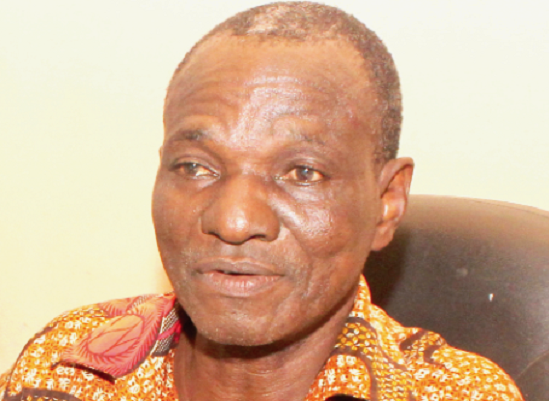
‘Kwahu Afram Plains North District needs 300 teachers’
The Kwahu Afram Plains North District in the Eastern Region currently requires 300 teachers to fill classrooms at the basic level.
Advertisement
This is because most of the teachers posted to the district either decline the posting or when they accept, they remain in the ‘big towns’.
Currently, there are some schools in the ‘hard-to-reach’ communities where there are either no trained teachers or one teacher teaching all the classes.
Shortage of teachers
The Deputy Director of Education of the Kwahu Afram Plains North District Assembly, Mr Sossou B. Williams, who spoke to the Daily Graphic at Donkorkrom, said the few that accepted posting often left for further studies shortly after being engaged.
He said that had affected enrolment, “because most parents will not want to enroll their children in a school that has only one teacher.”
Search for quality education
“So, instead of our number increasing, we are rather feeding other basic schools in the nearby districts,” he said, citing for instance that most parents on the islands were withdrawing their children and sending them to nearby districts to continue their education.
Mr Williams explained that most parents were becoming aware of the need for quality education and would do everything possible to get that.
“That explains why some parents in the farming communities often come to the towns to hire rooms for their children to stay and attend school and that one too has its own problems because there is always no one to guide them,” he said.
He said because such children were left to themselves in the towns, they often engaged in immoral practices, resulting in teenage pregnancy in the case of the girls, while the boys fell into bad company.
Performance in BECE
On the performance of the district in the Basic Education Certificate Examination (BECE), Mr Williams said even though the district felt there was improvement in that direction, “Some people think our students are not performing because of the numbers that do not perform well,” and added that there had been a gradual improvement in the examination.
He said he was worried that the district’s biggest partner in education, the United Nations Children’s Education Fund (UNICEF), might opt out of the district on the pretext of not seeing any significant improvement.
“They are thinking we should fly, but we are still walking. So UNICEF is becoming fed up,” he said and explained that the district educational directorate had submitted a number of proposals to the organisation but none had been honoured.
Complementary Basic Education
Mr Williams said he was not happy that the district could not sustain the Complementary Basic Education, which was targeting children who dropped out of school or who never had the opportunity to start school at their early childhood.
He explained that the programme was aimed at giving children beyond schoolage, an opportunity to attain basic literacy and numeracy in their mother tongue.
Mr Williams said the programme, which ran for four years in the district, was very successful but could not be sustained when the sponsorship duration ended.
Writer’s email: [email protected]



